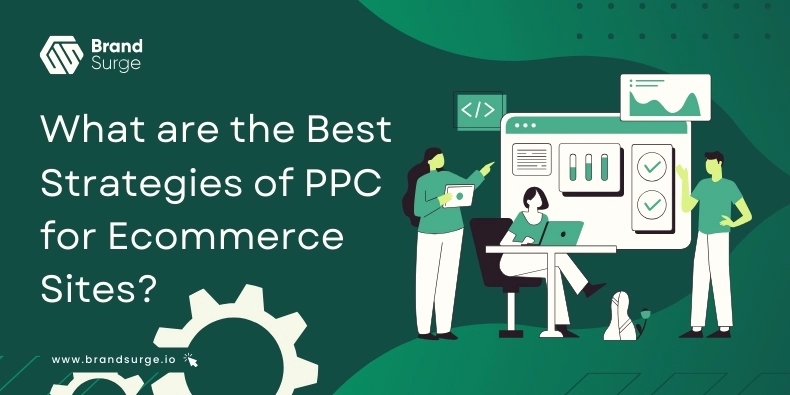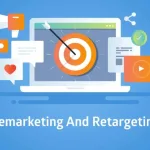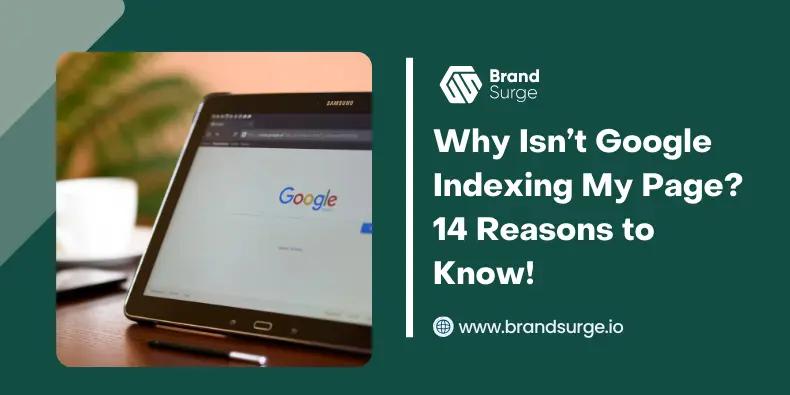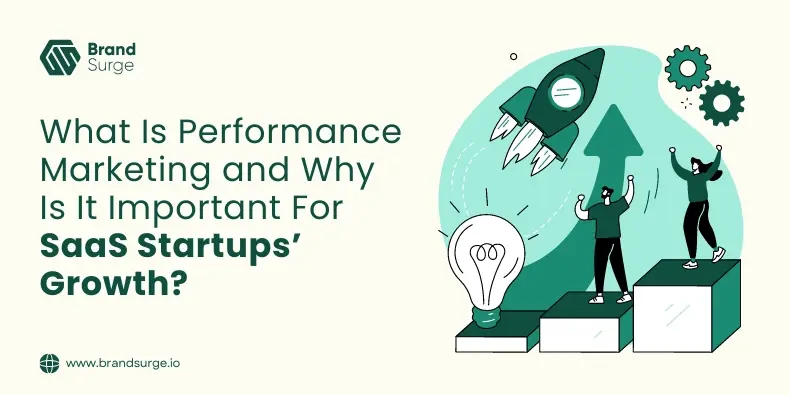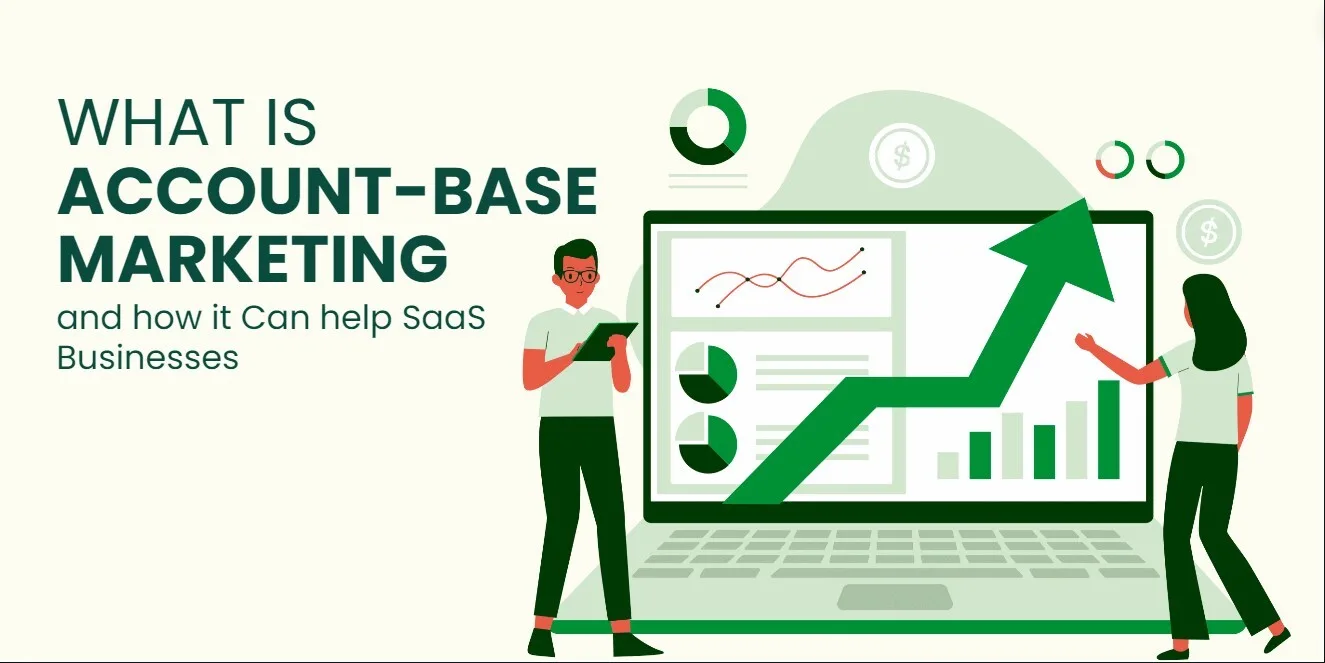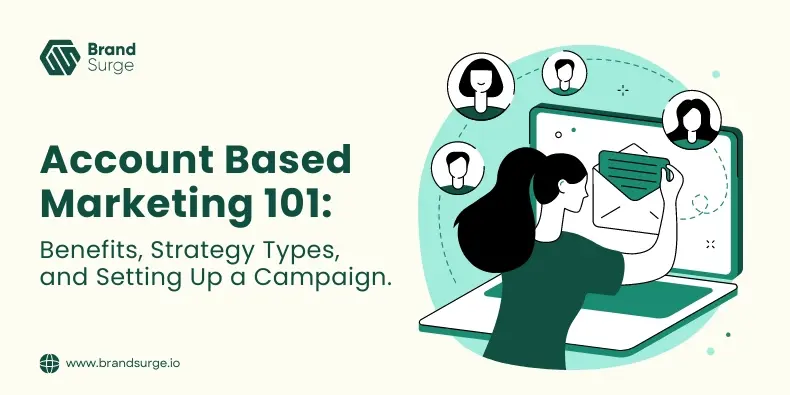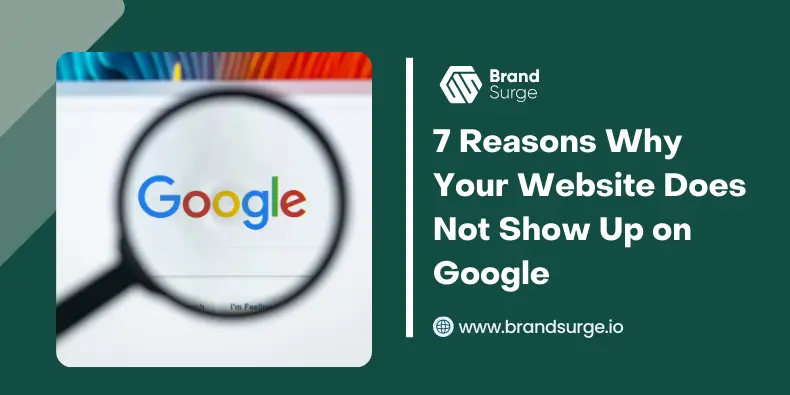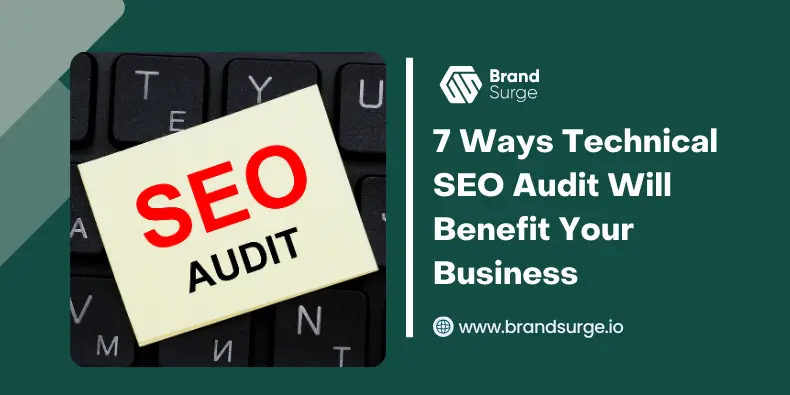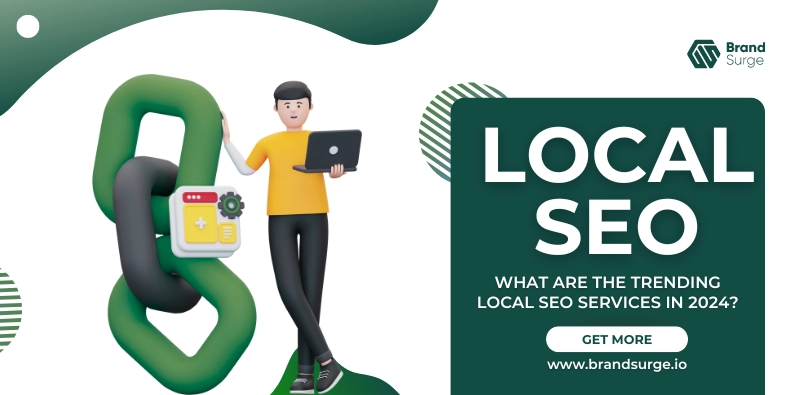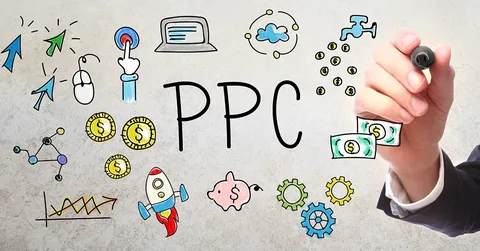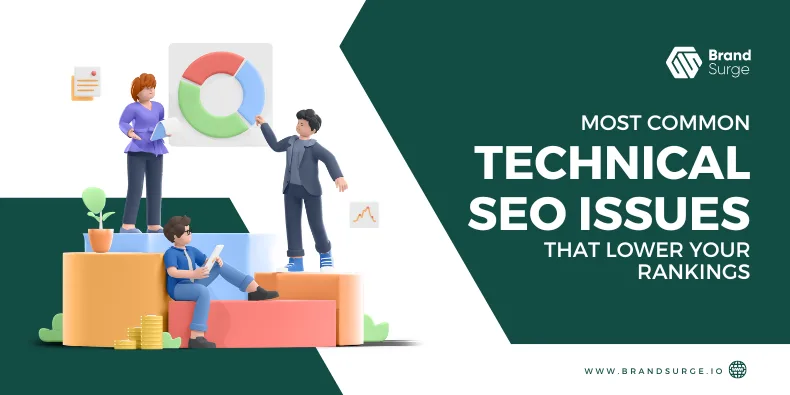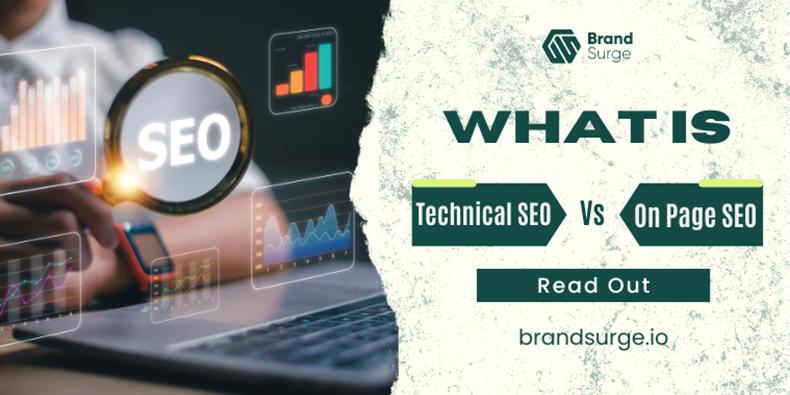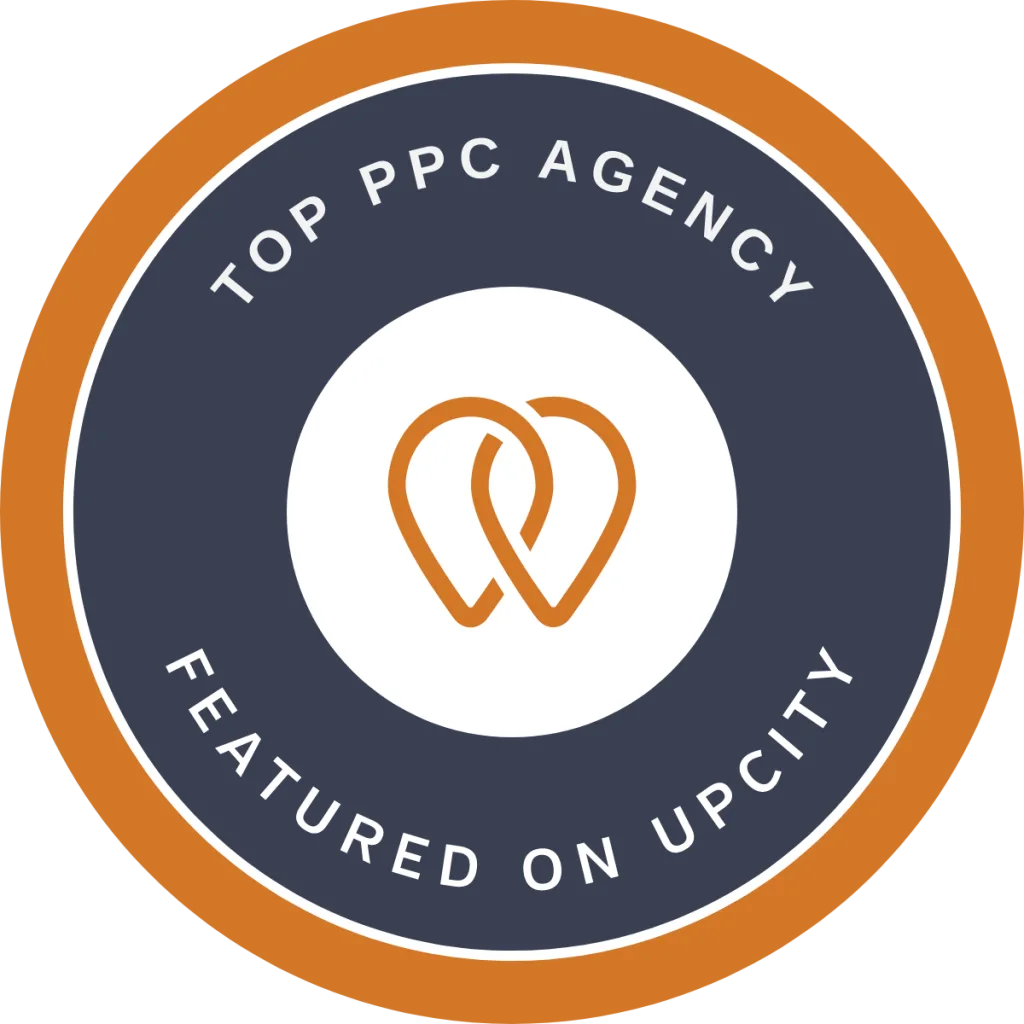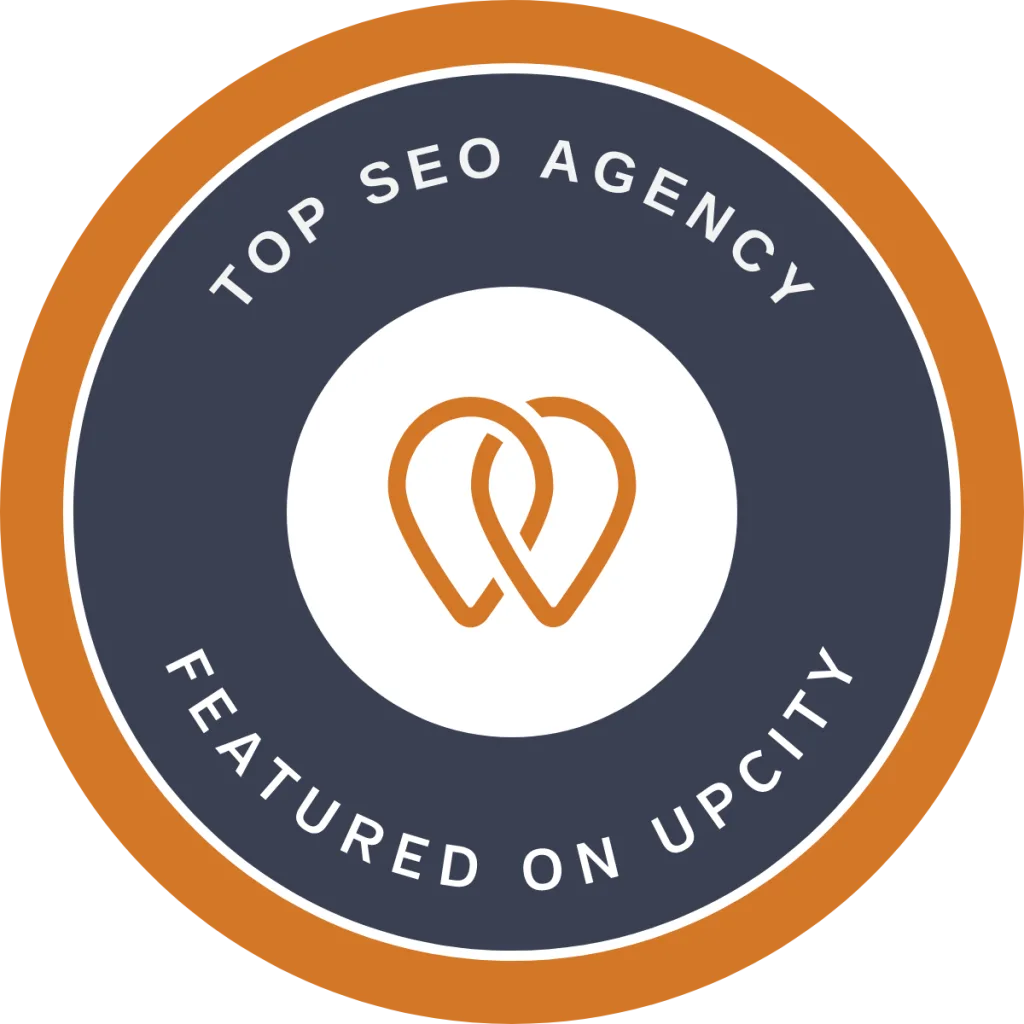Have you ever found yourself surfing online and noticing that certain e-commerce sites seem to dominate the top search results effortlessly? Ever wondered what gives them this competitive edge?
The answer lies in a potent digital tool: PPC for e-commerce sites. As you navigate the intricate world of online shopping, you’ll notice that the sites grabbing the lion’s attention share something in common – they leverage the power of pay-per-click advertising (PPC). This is more than just a trending term in the digital sphere. It’s a game-changer.
When employed sensibly, e-commerce PPC doesn’t just drive traffic; it amplifies it, ensuring that online stores are not just seen but explored. Imagine a world where your store becomes the go-to destination for shoppers, all thanks to the strategic bridges built by PPC, guiding potential buyers right to your products’ doorstep. Read on to make this dream scenario a reality for your business by discovering more about the best PPC strategies.
What is PPC for e-commerce sites?
PPC for e-commerce sites is a digital advertising approach where online stores pay for clicks to their site, driving targeted traffic and potential buyers. Pay-per-click (PPC) for e-commerce sites represents a groundbreaking evolution in digital advertising.
What is PPC Management and How You Can Take Advantage of it For Your Business Growth? In this approach, online retailers and stores don’t just blindly throw advertisements into the vast digital ocean, hoping for a catch. Instead, they place their ads to appear when specific keywords are searched, ensuring a relevant audience sees them.
Every time a user clicks on these ads, the e-commerce store pays a predetermined fee. This might seem like an added cost at first glance. However, the beauty of PPC lies in its precision. Each click is a potential buyer – someone actively interested in what the store offers. Thus, rather than casting a wide net, e-commerce PPC hones in on the target audience, ensuring that the traffic directed to the site is high in volume and in potential conversions and sales.
What are the Best Strategies for PPC for E-commerce Sites?
PPC advertising is beyond being a buzzword in the e-commerce world – it’s a dynamic force, a secret weapon even, that every online business owner should be acquainted with. At its core, PPC acts as a beacon, illuminating the path for curious browsers and turning them into dedicated customers as they journey through the digital marketplace.
Picture your virtual storefront and imagine a steady stream of interested buyers walking through its doors, their attention grabbed and held by your targeted ads. But, like any powerful tool, the skill determines efficiency.
PPC can significantly boost and amplify your traffic using the right strategies backed by research and consistent optimization. This means an uptick in browsing visitors, heightened engagement, and ultimately, a surge in sales, positioning your e-commerce site prominently on the digital map.
Zeroing in on Keywords
Start with pinpointing the right keywords, the lifeblood of your PPC strategy. It’s about truly understanding your customers’ language gauging what they’re curious about or in need of. Utilizing sophisticated tools like the Google Keyword Planner can be invaluable, offering profound insights into keywords intricately connected to your products. This foundation helps shape the direction and effectiveness of your entire campaign.
Crafting the Perfect Ad Copy
Consider your ad’s copy as its unique, persuasive voice in the noisy digital world. This voice should articulate thoughts certainly, compelling browsers towards desired actions. It should echo the keywords, and you should craft it so that even the most casual browser can instantly understand and connect with it. Clarity, after all, leads to engagement.
Budgeting and Tracking
Diving into PPC without a budget is like sailing without a compass. While setting a budget lays the foundation, the real work lies in continuous monitoring and adaptation. Regularly analyzing your results illuminates the path forward, helping segregate gold strategies from those that might be duds. This constant vigil ensures optimal utilization of your resources, translating to maximized returns. Here is a detail about investing in suitable packages for your business.
Negative Keywords and Ad Extensions
Picture this: You own luxurious shoes aiming to captivate clientele. The last thing you’d want is to attract web surfers towards “free shoes.” Herein lies the magic of negative keywords, sifting through and excluding mismatched traffic. Conversely, ad extensions elevate your ads, allowing additions like your phone number or other pertinent links, making them more comprehensive, clickable, and, consequently, more effective.
Remarketing
The digital world is vast, and it’s easy for browsers to get distracted. Those who once graced your site but left without a purchase? They’re gold mines of opportunity. Remarketing campaigns serve as gentle nudges, reminders of the treasures they discovered but left behind on your site. By strategically placing your products back into their view, you’re not just reigniting interest but potentially sealing a deal that almost slipped away.
PPC Lead Generation |The Long-Term Vision
In the vast world of digital marketing, PPC lead generation is often mistaken as a tool solely for immediate sales, a quick boost to the bottom line. However, the real power of PPC transcends this instant gratification. It’s an art of nurturing relationships, not just fast transactions.
At its core, PPC is a formidable mechanism for lead generation. Rather than merely facilitating a one-time sale, it empowers businesses to curate a list of genuinely interested customers. These are individuals who, with the right engagement strategies, can evolve into loyal patrons over time.
Businesses can lay the groundwork for sustained conversations by focusing on lead generation through PPC, fostering long-lasting connections that ripple benefits far beyond the initial click. Now, should you navigate this journey alone or seek expert guidance?
An expert PPC agency for e-commerce can tailor strategies precisely for your business, amplifying results. Opting for diverse ad formats, from text and image to video, can further enrich your PPC campaigns. PPC strategies also emphasize the importance of optimizing landing pages. After all, attracting a visitor is only half the battle; converting them is the key.
While PPC can be transformative, regularly tracking and making adjustments is paramount. Over time, as you refine your approach, the ROI from PPC campaigns can be substantial.
In conclusion, mobilizing and harnessing the power of PPC for your e-commerce site isn’t just an option – it’s a necessity. As the digital landscape grows increasingly competitive, strategies like PPC can give your business the edge it needs.
Are you ready to supercharge your online store’s growth? We at Brand Surge, a Digital Marketing Agency, elevate and surge the digital marketing game for all businesses in days! Dive into the future of e-commerce and let your success make the noise!
What can a PPC agency for ecommerce offer my online store?
A PPC agency for ecommerce specializes in crafting tailored advertising strategies, ensuring your online store stands out and receives more conversions in the competitive digital marketplace.
How does ecommerce PPC differ from traditional PPC methods?
Ecommerce PPC promotes online retail products and drives sales, whereas traditional PPC might cover a broader range of advertising goals.
Why is PPC for ecommerce sites crucial for online business success?
PPC for ecommerce sites directly targets potential buyers, amplifying site traffic and optimizing conversion rates, making it indispensable for online retailers.
A PPC agency for ecommerce specializes in crafting tailored advertising strategies, ensuring your online store stands out and receives more conversions in the competitive digital marketplace.
Ecommerce PPC promotes online retail products and drives sales, whereas traditional PPC might cover a broader range of advertising goals.
PPC for ecommerce sites directly targets potential buyers, amplifying site traffic and optimizing conversion rates, making it indispensable for online retailers.
